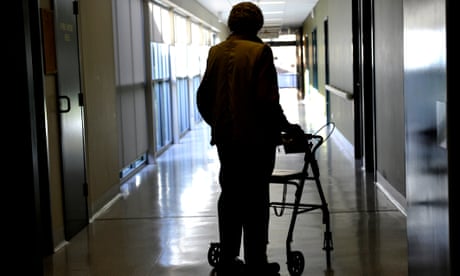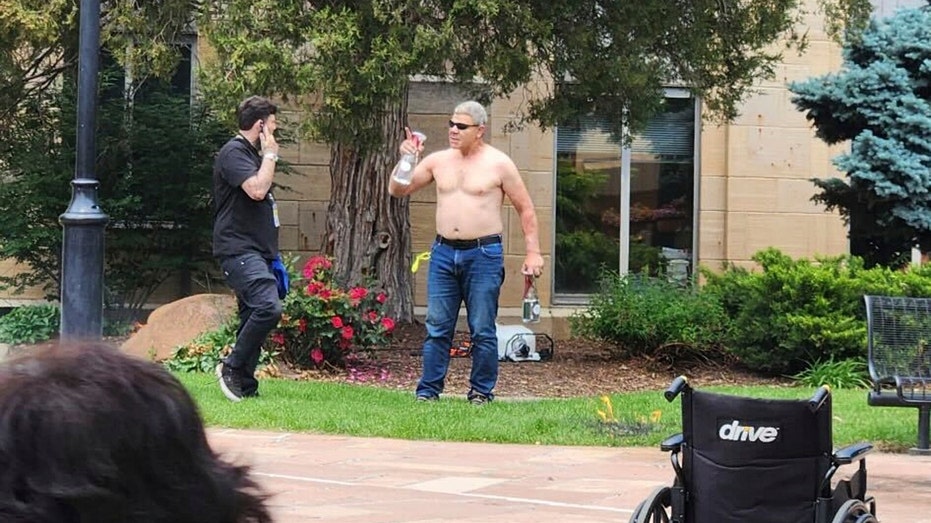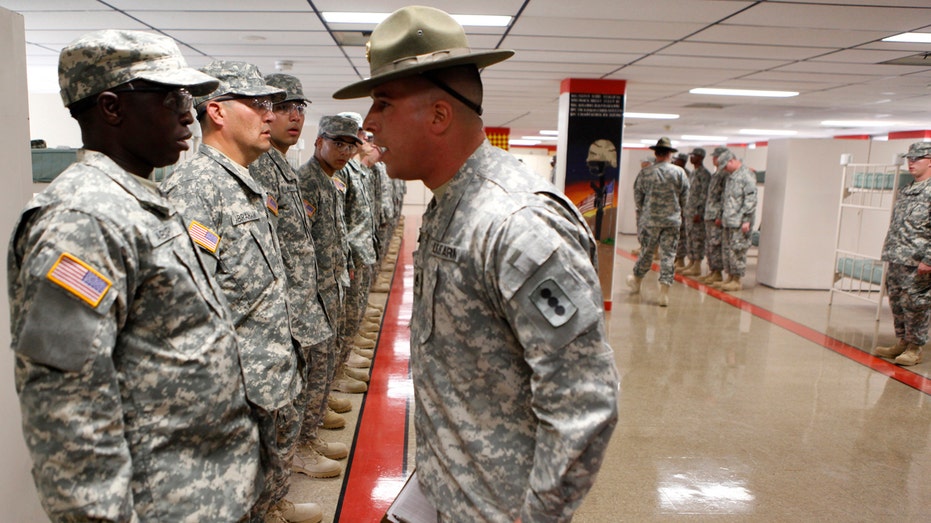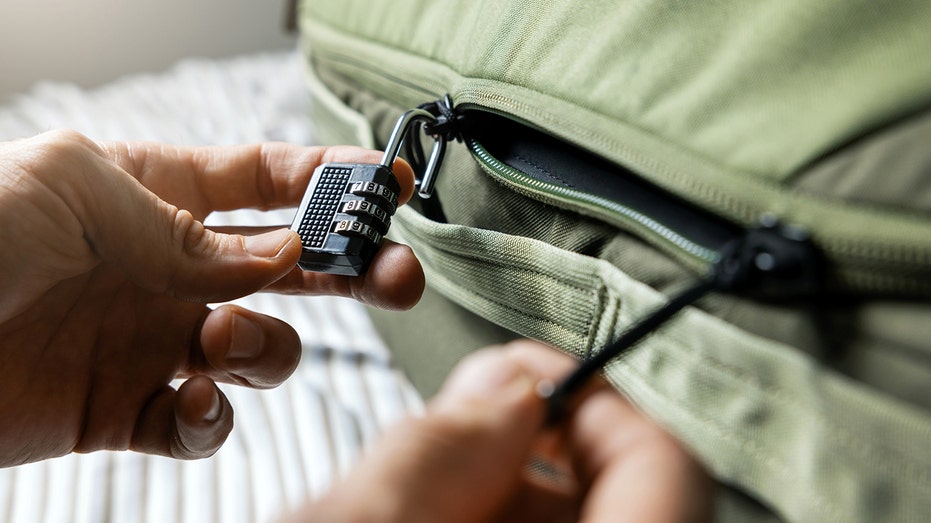- by foxnews
- 04 Jun 2025
Cost of Australia’s aged care system to taxpayers could double, experts warn
Cost of Australia’s aged care system to taxpayers could double, experts warn
- by theguardian
- 17 Jun 2022
- in news

Australia's aged care system is fast becoming unsustainable due to financial losses faced by aged care providers, the worsening workforce crisis and an ageing population that will double the cost to taxpayers within 40 years, a new report warns.
The University of Technology Sydney's Ageing Research Collaborative (UARC) on Thursday published a new paper on the aged care system, detailing compounding pressures which, unless resolved, will undermine access to safe and quality care for older Australians.
The majority of the nation's aged care providers (60%) are now operating at a loss, the report warns, and earnings per resident have fallen a staggering 44% in the three years to 2019-20.
The system is already costing taxpayers $27bn a year - roughly 1.2% of GDP.
That will almost double to 2.1% within 40 years, largely due to Australia's ageing population, which will not only increase demand for services, but reduce the taxation base from which to fund the system and shrink the pool of workers available to staff it.
Attracting new workers to the system - a critical measure needed to solve the current staffing crisis - will require higher wages and better conditions, posing an additional cost to already-struggling providers.
There is also still huge unmet demand for home care, even with the 80,000 new home care places funded and being progressively released by the federal government.
"If we don't get this right, there is a whole host of different people who are going to suffer," the report's co-author, Dr Nicole Sutton, told Guardian Australia.
"I think it's pretty hard to mount an argument that it's sustainable now. The cost is already tens of billions of dollars per year, and it's expected to grow."
The report says additional government funding is required. But it also warns increased funding cannot be the sole solution.
More work is needed to reduce demand on the system, by improving the independence of older Australians, the report says. Sustainability of the system will also require aged care services to become more efficient at service delivery by lifting productivity, promoting choice and competition for consumers, and removing barriers to innovation.
Government subsidies to aged care must also be used more effectively, something that can be improved by strengthening transparency and accountability around expenditure.
"Expenditure is going to increase, but it's not just a matter of throwing more funding at the problem," Sutton said. "Several of our strategies are targeted at making more of the resources we do have."
The Council on the Ageing chief executive, Ian Yates, said Australia must urgently shift to a financially sustainable system that would help deliver quality aged care to older Australians.
"There's no question that our aged care system is under stress and has been for a long time," he said. "Much of the system is underperforming. Adequate and consistent funding is necessary to underpin cultural and other essential changes.
"Unless we start having serious discussions about the long-term financial sustainability of aged care in this country we will not have an aged care system that delivers for older Australians."
The report comes as the industry pleads with government to reform the indexation model used to fund aged care, saying it is not keeping up with costs.
The aged care royal commission recommended an overhaul of indexation arrangements, something the previous government did not accept.
The Aged and Community Care Providers Association, an industry peak body, said urgent measures were needed to address long-term funding of aged care. The association's interim chief executive, Paul Sadler, said failing to do so would condemn the system to "reliving the past of short-term fixes and band-aids".
"Funding fixes like the $18bn in the 2021 budget, while welcome, are not enough to address chronic workforce shortages and implement better standards that can be sustainable as costs increase and needs change," he said.
- by foxnews
- descember 09, 2016
Should you lock your luggage when traveling? Why it's a weighty matter
With tightened security, experts are warning of luggage risks like theft and mishandling for travelers. TSA sees 90,000 to 100,000 items left at checkpoints monthly.
read more


